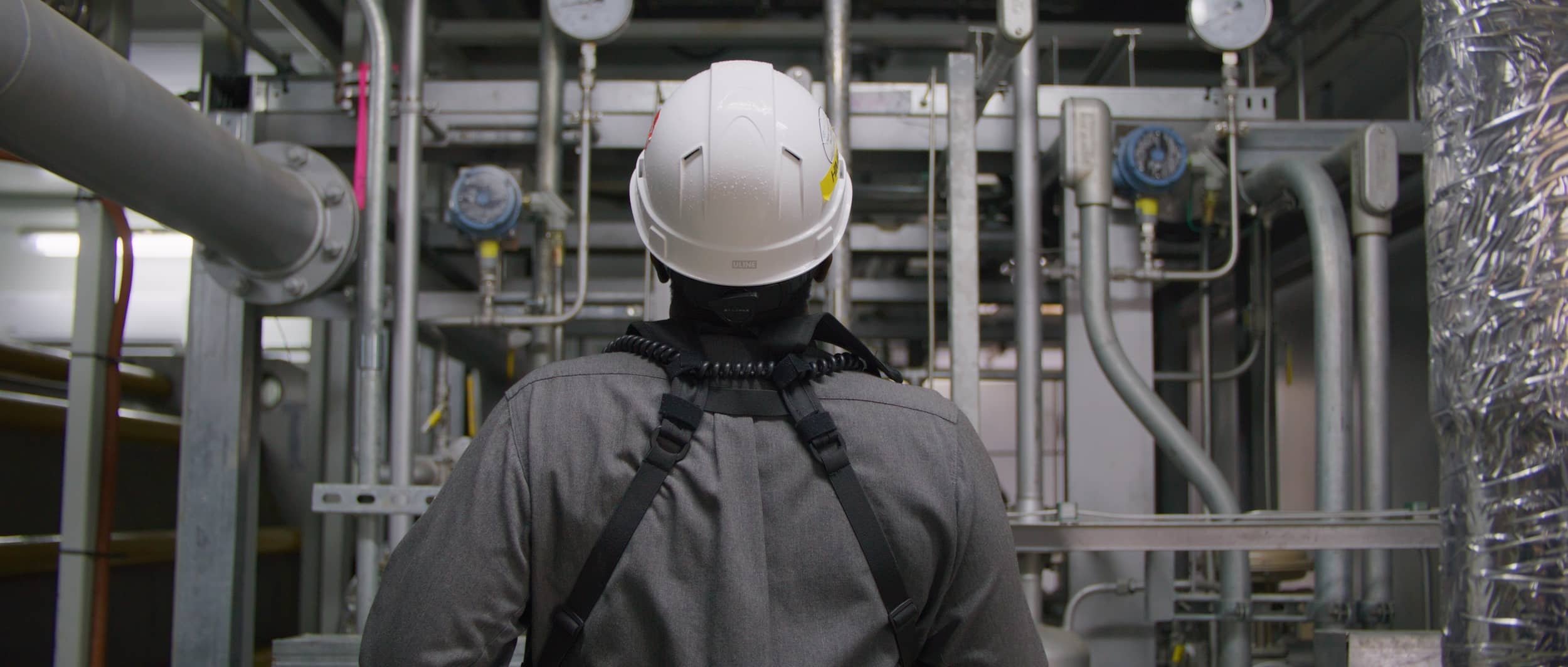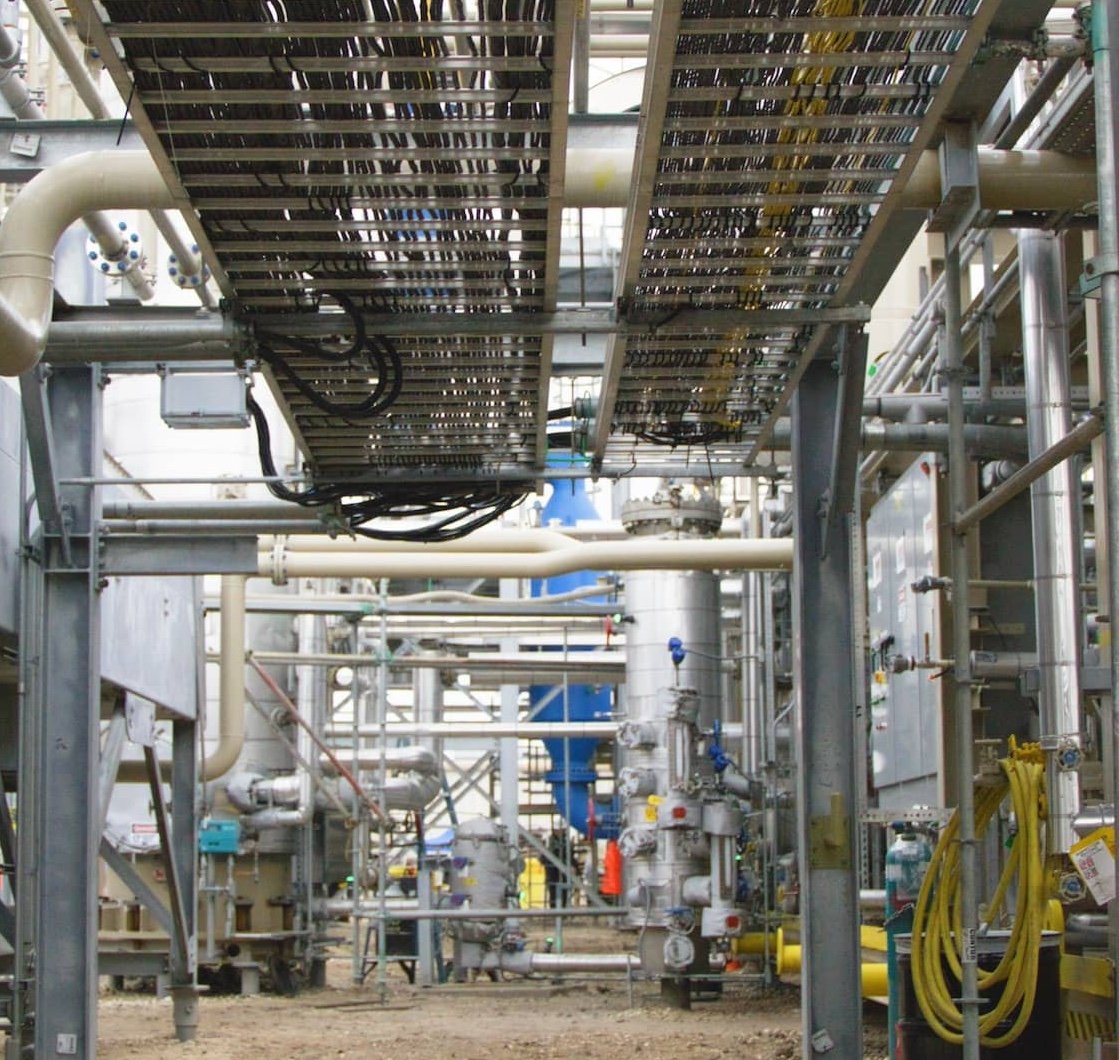
“We are excited to be using Infinium eNaphtha to expand our portfolio of sustainable products. Through this collaboration with Infinium we show that atmospheric carbon, obtained by effectively capturing and storing carbon emissions in products during their lifetime, can constitute a circular building block for the future. This is one of the ways Borealis is reinventing essentials for sustainable living.”
—Mirjam Mayer, VP Circular Economy Solutions at Borealis
THE OPPORTUNITY
How can we decarbonize the plastics industry, which has always been heavily reliant on fossil fuels in manufacturing?
Success starts with the unique collaboration between Borealis and Infinium.
Borealis is one of the world’s leading providers of advanced and sustainable polyolefin solutions. Headquartered in Vienna, Austria, the company is also considered an innovative leader in polyolefin recycling and a major producer of base chemicals for key industries including consumer products, energy, healthcare, infrastructure and mobility.
Borealis is focused on promoting the circular economy by using renewable feedstocks and chemicals derived from direct carbon capture—including Infinium eNaphtha—in the creation of polyolefins, which are ultimately used in plastics manufacturing for the millions of household goods we use in our daily lives.



